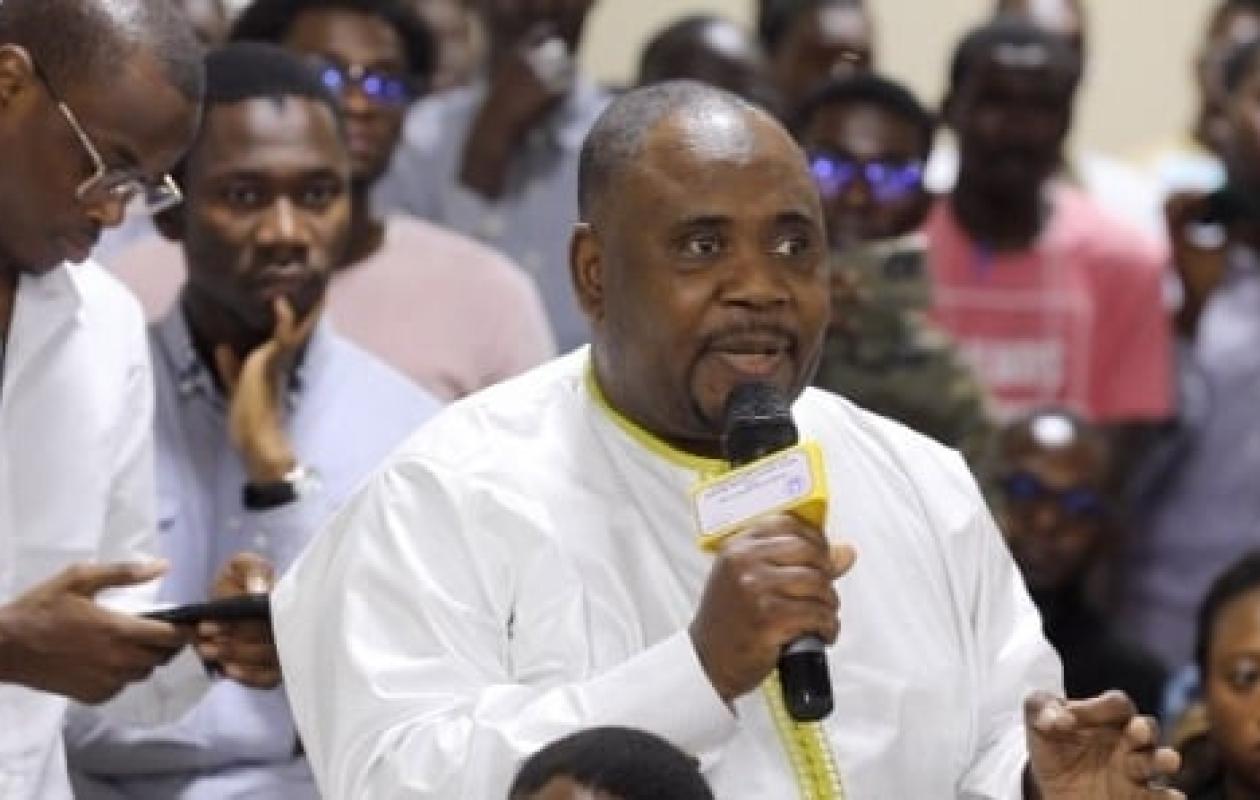
Dr Seydou Bocoum
Dr. Seydou Bocoum, who attended the CFA franc conference organized on Wednesday, May 28, by the UCAD Development Policy Analysis Laboratory (LAPD), stood out for his intervention. The man who claims to have supported the first doctorate in digital economics in West Africa is categorical: we are moving towards digital currency, and commercial banks will disappear. A specialist in central bank digital currency, Dr. Bocoum is the vice-president of the UCAD Economic and Monetary Research Laboratory (LAREM). Seneweb spoke with him at the end of the conference.
You say that we need to move away from the CFA franc and even all these other currencies because the future is digital currency. What makes you say that?
All central banks will move towards digital currency. We call CBDC, central bank digital currency. And even at the ECB, we will implement what we call interoperability. Interoperability is the first phase of the six phases of a central bank digital currency. The euro will be digitalized in October. Everyone knows that.
Now, the yuan has been digitized. The Swiss franc has been digitized. So, there are at least more than 140 central bank projects, digital currencies that we call central bank digital currencies. So, whatever the case, we're moving towards digital currencies.
Are our countries aware of this? Are we in the process?
Aware, I would say yes. But in terms of momentum, we're still behind France. People don't know what's going on. But right now, we're moving towards a digital currency, the CFA franc.
Is there a connection with the disengagement of Europeans from commercial banks in Africa?
Obviously! European banks left because the euro will be digitized in October. They will no longer use Visa, MasterCard, or American Express. All commercial banks will disappear. What the Central Bank did with fintech—there are only two recognized—we will do with commercial banks. That's why 80% of commercial banks are African banks. There are no more European banks; the currency has changed its name. There will no longer be a correspondent bank. Trading will be done through the forex market.
In Europe, there will be a platform called Eurodigital, which will bring together only European banks. What is the first criterion? It's digital identity. So, you have to be digitally identified to be able to enter this system. However, Africans are not digitally identified. So, that's why African banks won't enter the system.
Why will African banks not be admitted to this system?
Because there are two criteria. One, you have to have what's called KYC (Know Your Customer). You have to identify customers. And two, you have to have what's called AML (Anti-Money Laundering). You have to meet these two criteria. And right now, few banks will meet these conditions. Which means that the majority of banks risk not being part of the new system.
What will be the role of the Central Bank?
We're going to create a central bank digital currency. So, the central bank will become a fintech. Some of the operations that commercial banks used to do will be handled by the central bank. We'll have two CBDCs (Central Bank Digital Currencies): wholesale and retail.
And if the central bank does retail, which means that everyone will have an account at the central bank, (2:37) but commercial banks will no longer exist. These are what we call BFIs, corporate and investment banks. We call them big banks. They are the only ones that will remain. Why did JP Morgan come to Africa? We have to ask ourselves the question.
Does this mean that Wave and Orange Money have a better future for us?
That's obvious! Orange will truly be Senegal's leading bank. That's for sure.
You were still presented with the argument of connectivity.
We've gone from 23% of people using bank accounts to over 70%. So, what argument are you going to use against me? Everyone uses WhatsApp and Wave in this country. So, you know, I don't respond to provocation.
Commentaires (0)
Participer à la Discussion
Règles de la communauté :
💡 Astuce : Utilisez des emojis depuis votre téléphone ou le module emoji ci-dessous. Cliquez sur GIF pour ajouter un GIF animé. Collez un lien X/Twitter ou TikTok pour l'afficher automatiquement.